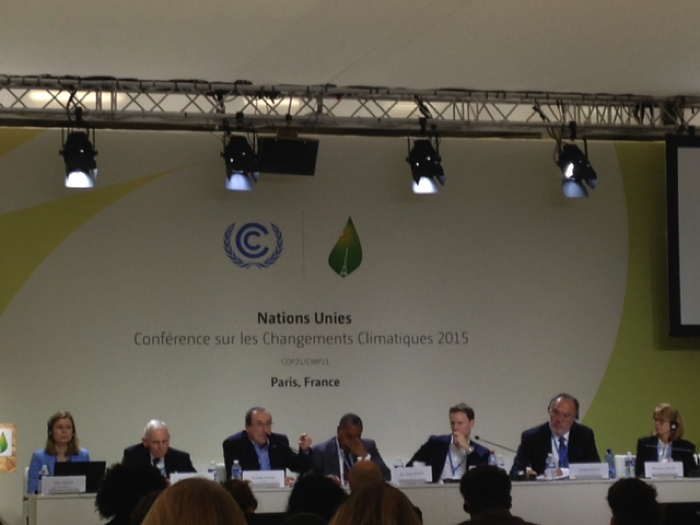
Historical demographic data has been a big part of the Minnesota Population Center’s history. The MPC can trace its own lineage to the Social History Research Laboratory in the University of Minnesota’s History Department. Current MPC Director Steven Ruggles, and one of the MPC’s founding faculty members, Rus Menard, led a project to create a 1% sample of the United States’ 1880 census. Starting in 1988 the data was entered by professional data entry personnel reading microfilm. In the late 1990s and early 2000s, the 1880 census was the first complete-count census that the historical census team at MPC worked on. The complete-count 1880 census was entered by Church of Jesus Christ of Latter Day Saints volunteers, introducing us to the challenges of working with data sources created by enthusiastic people around the world.





 Associate Professor of History and MPC Faculty Member J. David Hacker made headlines in 2011 when he published a groundbreaking study of the total number of U.S. Civil War dead. Hacker argued that the widely-accepted figure of 620,000 was far too low. Using IPUMS, Hacker showed that the number of dead was at least 750,000—if not more. His article, “A Census-Based Count of the Civil War,” published in Civil War History, was introduced by the editors in the issue as “among the most consequential pieces ever to appear in this journal’s pages.”
Associate Professor of History and MPC Faculty Member J. David Hacker made headlines in 2011 when he published a groundbreaking study of the total number of U.S. Civil War dead. Hacker argued that the widely-accepted figure of 620,000 was far too low. Using IPUMS, Hacker showed that the number of dead was at least 750,000—if not more. His article, “A Census-Based Count of the Civil War,” published in Civil War History, was introduced by the editors in the issue as “among the most consequential pieces ever to appear in this journal’s pages.”